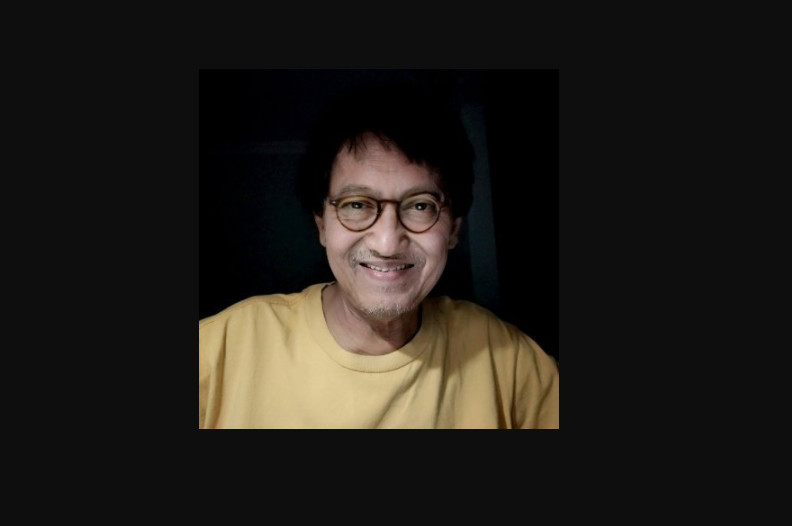Popular Reads
Top Results
Can't find what you're looking for?
View all search resultsPopular Reads
Top Results
Can't find what you're looking for?
View all search resultsHomage to AE Priyono
AE Priyono represented the best of Indonesia’s intellectual democracy activists.
Change text size
Gift Premium Articles
to Anyone
I
n the late 1990s when the Indonesian Legal Aid Foundation (YLBHI) and many other groups suggested that a vibrant civil society would put an end to Soeharto’s rule and democratize Indonesia, the scholar Arief Budiman and myself said there must also be collective actors. To this end, we supervised studies of the democracy movement to find out whom the actors might be. As usual, however, it was more attractive to collect data and discuss how they should be analyzed than to sort out and integrate scattered manuscripts. Fortunately, a soft-spoken committed young editor named AE Priyono and a background in Muslim reform groups finally put it all together and made it possible for the Institute for the Free Flow of Information (ISAI), which was set up by concerned investigative journalists, to publish Aktor Demokrasi (Actors of Democracy).
Similarly, a few years later, this remarkably tall slender man, known as AE among friends, also saved the editing, along with the journalist Stanley A. Prasetyo, of the more extensive surveys and analyses in the definite book on the Post-Soeharto Democracy Movement. Now, sadly, AE is no more – brought down by pneumonia on April 12.
Lest we forget him, AE was certainly more than a socially and politically committed editor and translator at that. He was also thoroughly interested in history writing, advocating less colonial power points of view. And he enjoyed discussing issues of culture and interfaith, including educating me on Sufism and other improper beliefs. But our joint work was mainly during the years when AE with a team of other former students made possible the association Demos’ huge assessments of democratization.
Later on, the assessments were transferred to Gadjah Mada University (UGM). But initially, when senior academics engaged in better-paid work, it was these former students – without fine exams but committed to critical studies – who, with some senior guidance, carried out extensive interviews with so many hundreds of experienced activists around the country, analyzed the data, revealed the downsides of Indonesia’s elitist democracy and concluded that activists must therefore “go politics” again. AE was crucial in this.
Others were better in organizing the work. And Willy P. Samadhi handled the quantitative data. But AE was the formidable editor – not using his elbows, always willing to learn and making constructive use of critique. Even though my comments must often have been frustrating. He might not have come to meetings on time but he stayed on to finish his job until falling asleep over the computer. He occasionally got absent-minded and lost texts but just looked a bit sad and rewrote them. AE never knew how to spell “give up”. The first main report published as Making Democracy Meaningful: Problems and Options in Indonesia would not have been possible without him.
Some years later, his achievement in publishing, with the activist Usman Hamid, the massive collection of scholarly activists’ reflections on the democracy movement, Merancang Arah Baru Demokrasi (Designing new direction of democracy) was, again, remarkable. AE represented the best of Indonesia’s intellectual democracy activists.
***
Professor of politics and development, University of Oslo










